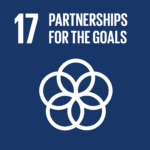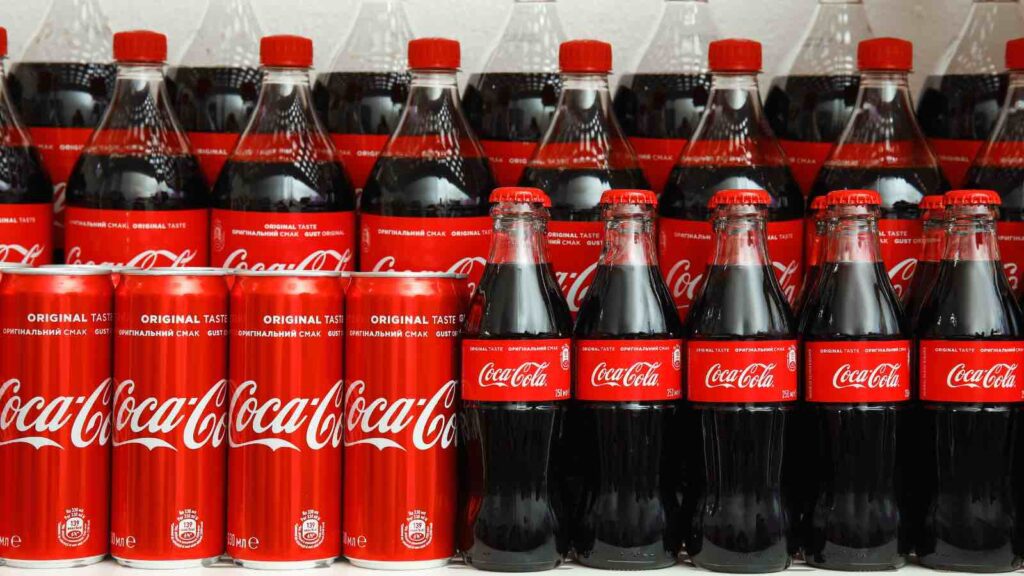The company is accused of quietly abandoning its pledge to achieve 25% reusable packaging by 2030—a promise heralded in 2022 as a step toward sustainability.
Coca-Cola, a company already under fire for its role as one of the world’s top plastic polluters, is facing fresh criticism for quietly abandoning its 2030 pledge to ensure 25% of its packaging is reusable. The move, which campaigners have dubbed a “masterclass in greenwashing,” is compounded by the announcement of new sustainability targets for 2035 that many argue lower the company’s ambitions rather than advancing meaningful progress.
RELEVANT SUSTAINABLE GOALS



A Quiet Retreat From Reuse Goals
In 2022, Coca-Cola pledged that 25% of its packaging would be refillable or returnable by 2030, a promise that was widely praised as a step toward reducing single-use plastics. However, the company has since removed this commitment from its website, replacing it with broader packaging goals that critics say lack accountability and focus.
The new goals, announced in late 2023, include two key targets for 2035:
- Packaging Design: Coca-Cola aims to use 35% to 40% recycled material in its primary packaging (plastic, glass, and aluminum), including 30% to 35% recycled plastic globally.
- Packaging Collection: The company plans to help collect 70% to 75% of the equivalent number of bottles and cans it introduces into the market annually.
Notably absent is any new commitment to reusable packaging. Instead, Coca-Cola stated it would “continue to invest in refillable packaging where infrastructure already exists,” a move seen by campaigners as a significant rollback from its earlier ambition.
From Reuse to Recycling: A Narrowing Vision
The company’s retreat from its reusable packaging target comes amid broader challenges with its sustainability goals. Under its 2018 World Without Waste campaign, Coca-Cola aimed to recycle the equivalent of 100% of its packaging by 2030. This target has now been revised to collecting just 70% to 75%, leaving a significant gap in addressing the global plastic crisis.
Coca-Cola highlighted the complexities of implementing these goals, pointing to cost, quality, and scalability challenges for recycled materials, as well as jurisdictional variations in recycling infrastructure. In 2023, Coca-Cola’s packaging mix included 47.7% plastic bottles, with only 1.2% of its plastic packaging classified as reusable.
Break Free From Plastic campaigners have criticized this shift, with Sam Pearse of The Story of Stuff Project saying, “Coca-Cola’s pledge lasted less time than one of their reusable bottles might expect to be in circulation.”
Environmental activists argue that Coca-Cola’s focus on recycling over reuse perpetuates the plastic pollution crisis. Even recycled single-use plastics often end up polluting the environment. Von Hernandez, global coordinator of the Break Free From Plastic campaign, described Coca-Cola’s recent actions as a “masterclass in greenwashing,” saying the company is choosing to “flood the planet with more plastic they can’t even collect and recycle effectively.”
Coca-Cola’s progress on recycling and collection has also been criticized. In a 2023 environmental update, the company reported a 90% recyclability rate across its portfolio but acknowledged it was “behind plan” to meet its 2030 recycled content and collection goals.
Global Context: Corporate and Legislative Challenges
Coca-Cola’s shift in targets is part of a broader trend among major brands scaling back their packaging goals ahead of 2025 deadlines. Competitor PepsiCo, for instance, recently admitted it is unlikely to meet its 2025 goal of making all packaging recyclable, compostable, biodegradable, or reusable.
The beverage giant is also under increasing legal pressure, facing lawsuits in Los Angeles County and Baltimore over its role in plastic pollution. As a signatory to the Ellen MacArthur Foundation’s global commitment, Coca-Cola has come under scrutiny for increasing its virgin plastic use by 6% since 2019.
This backdrop highlights the urgent need for stronger regulations. Nearly 200 nations are engaged in negotiations for a global plastics treaty, but progress remains slow due to deep divisions between high-ambition countries and those favoring voluntary measures.
What’s next ? As the global plastics treaty negotiations continue into 2025, Coca-Cola’s decisions will remain under scrutiny. Campaigners are calling for stronger policies that prioritize reusable systems and reduce virgin plastic production.
The future of sustainability may well depend on whether companies like Coca-Cola choose to lead or remain a symbol of missed opportunities and environmental inaction.
You may also be interested in :
Stalled Plastic Treaty Talks Highlight Challenges in Tackling Pollution



